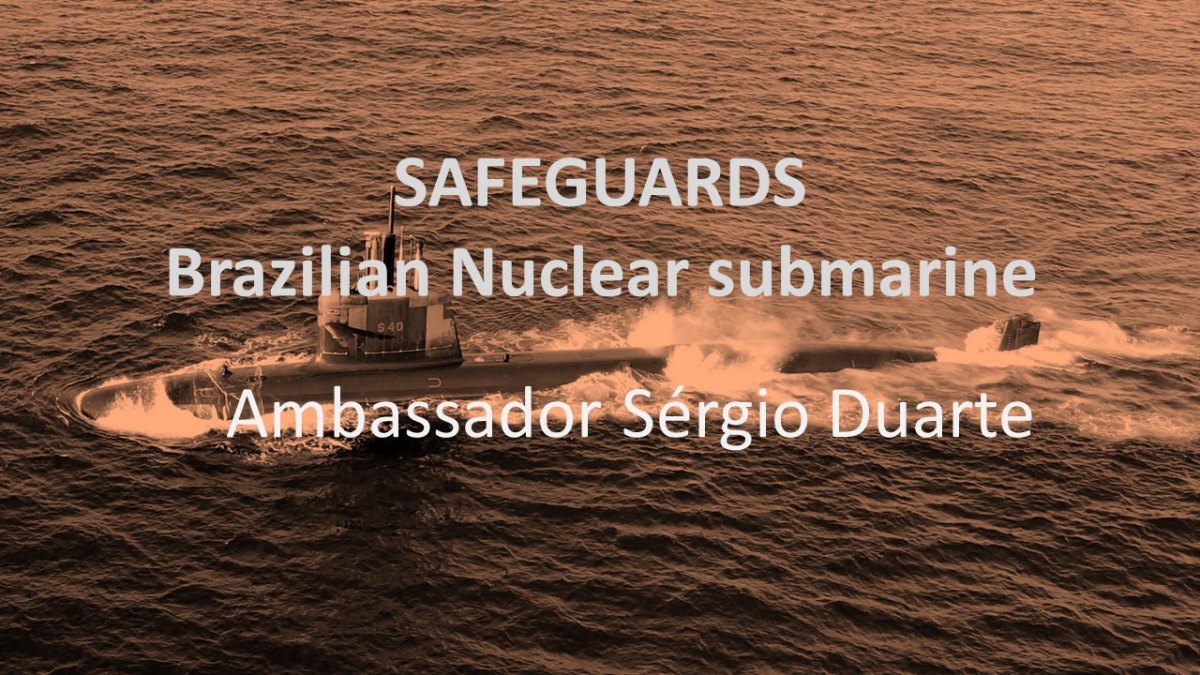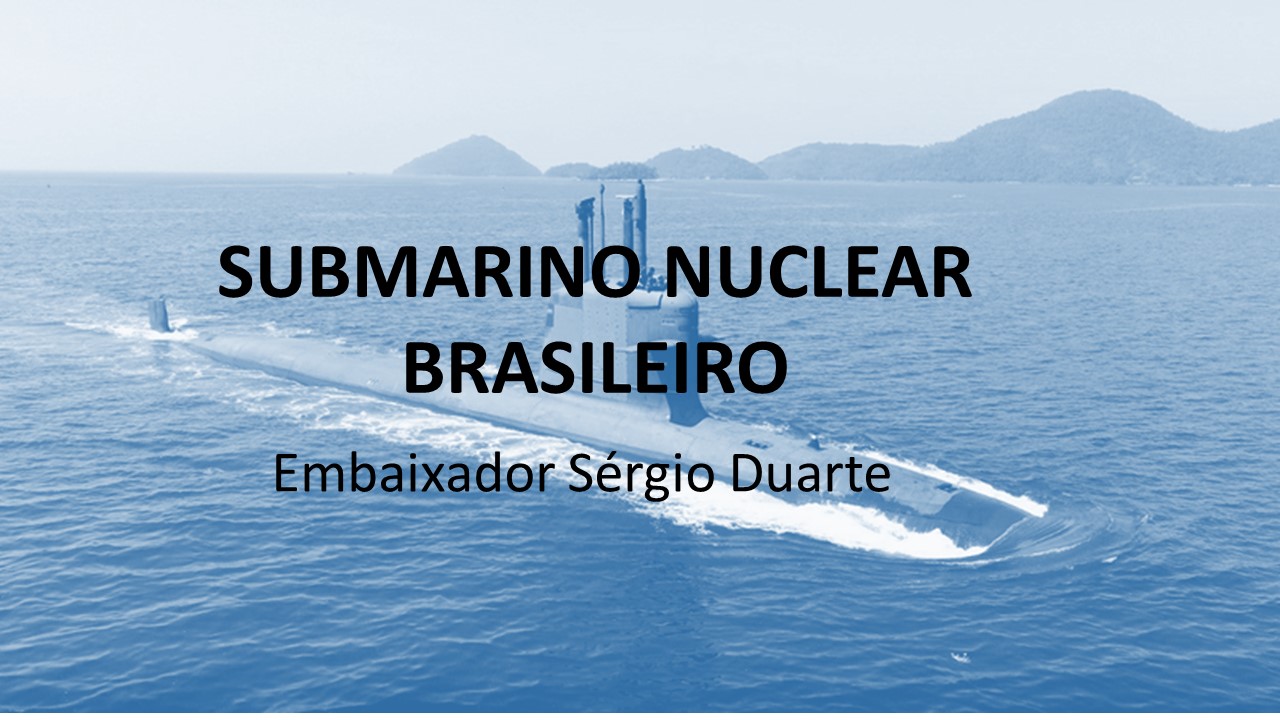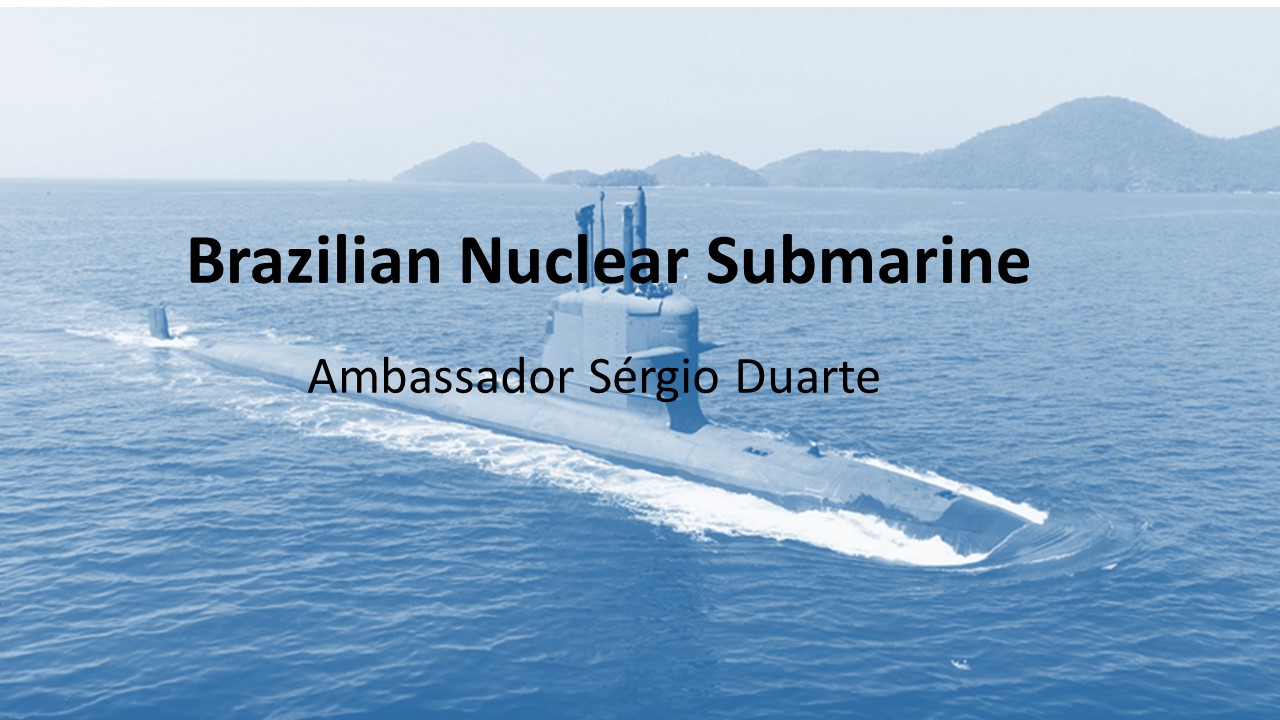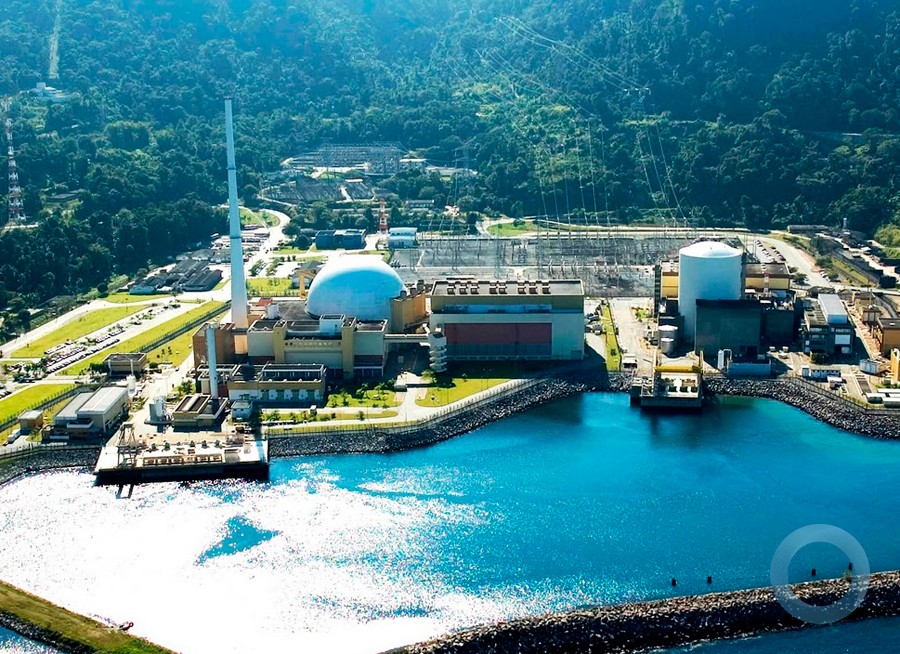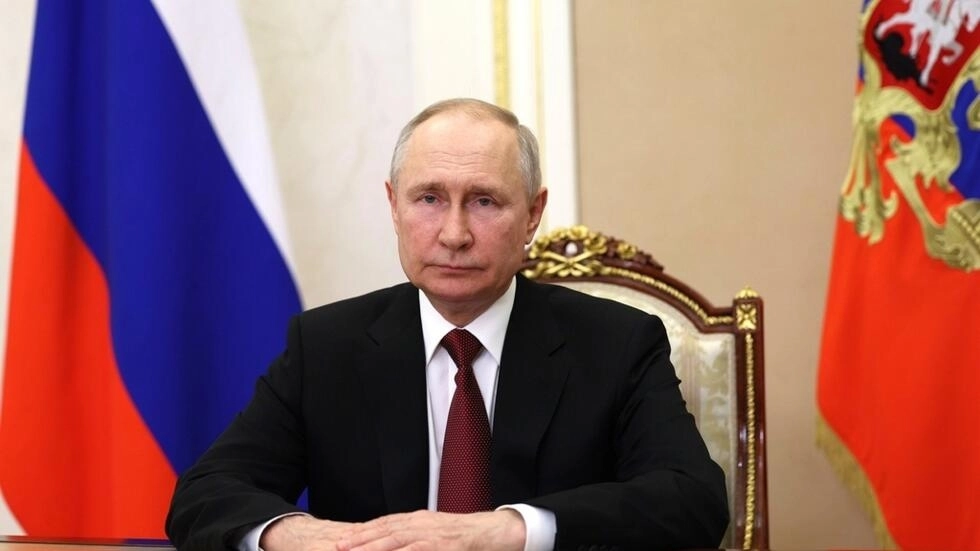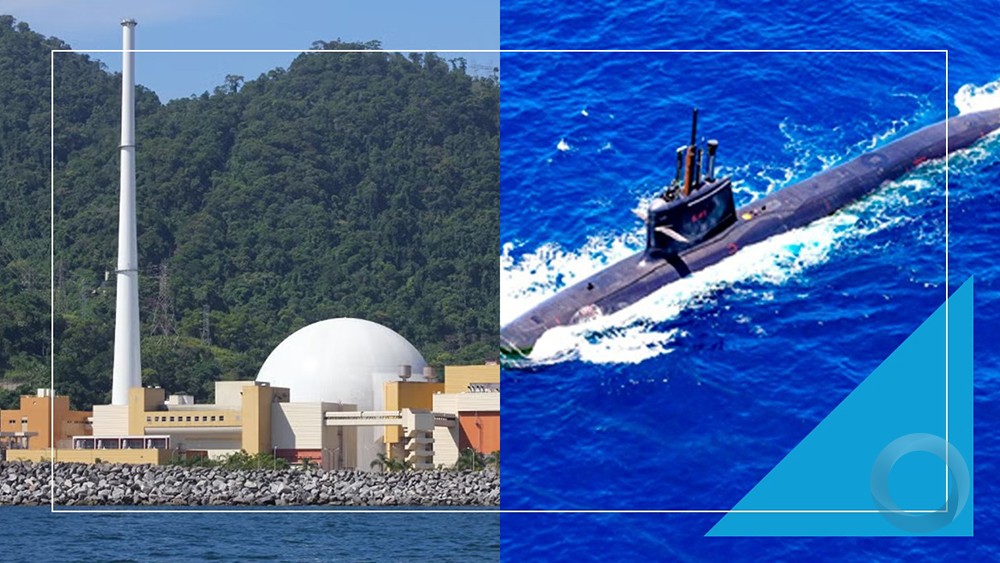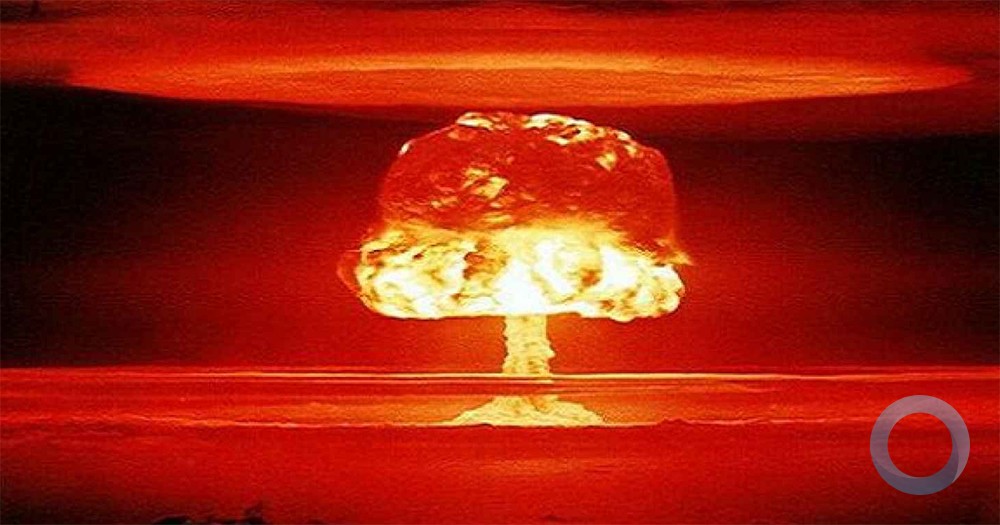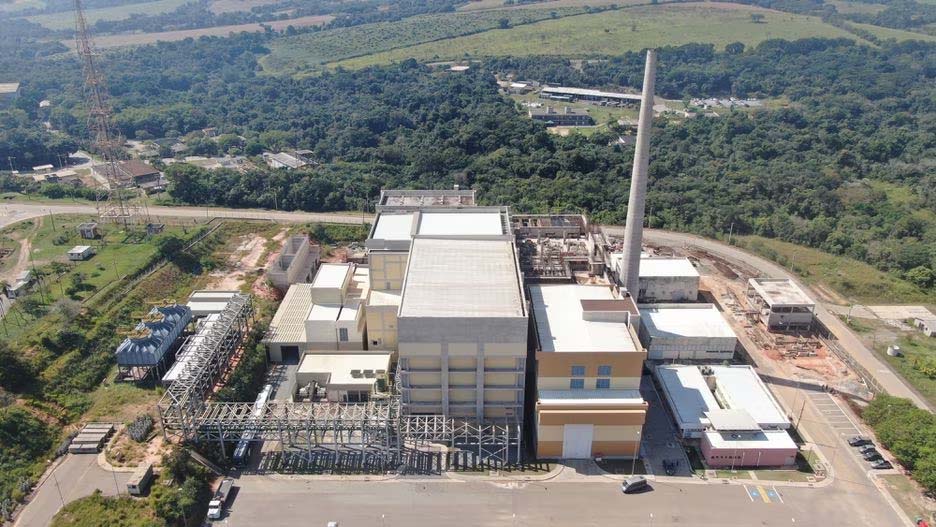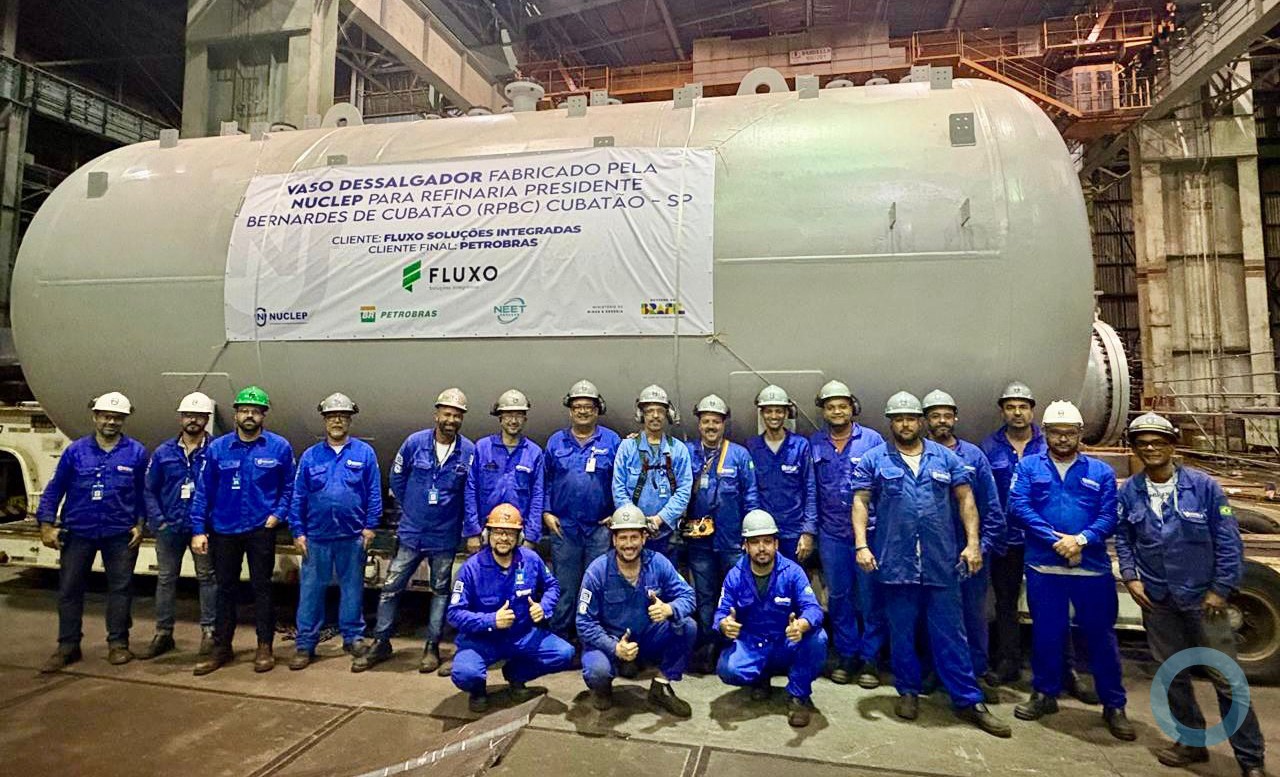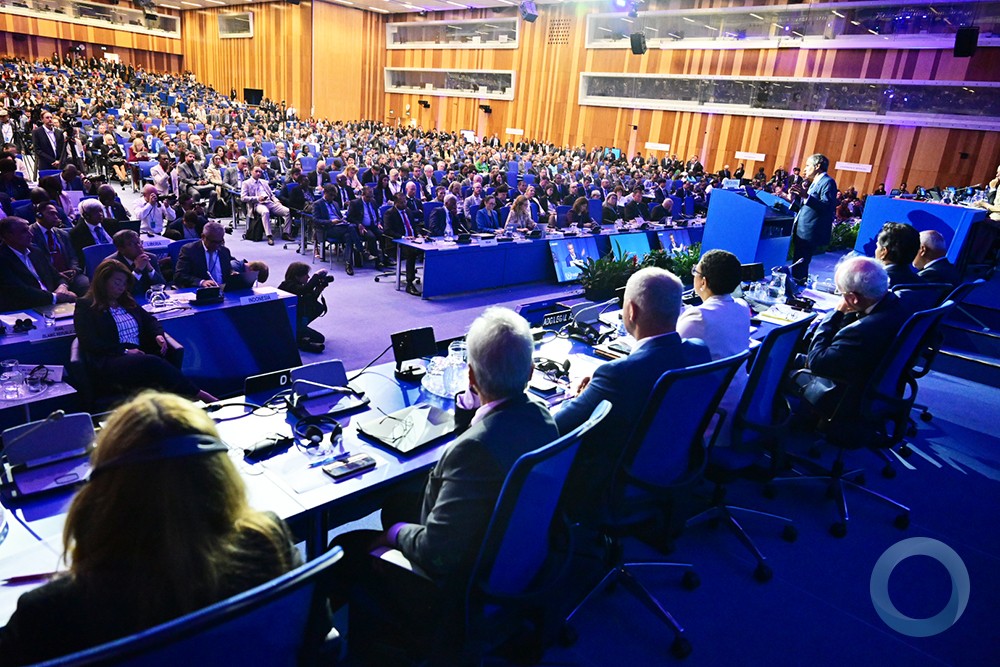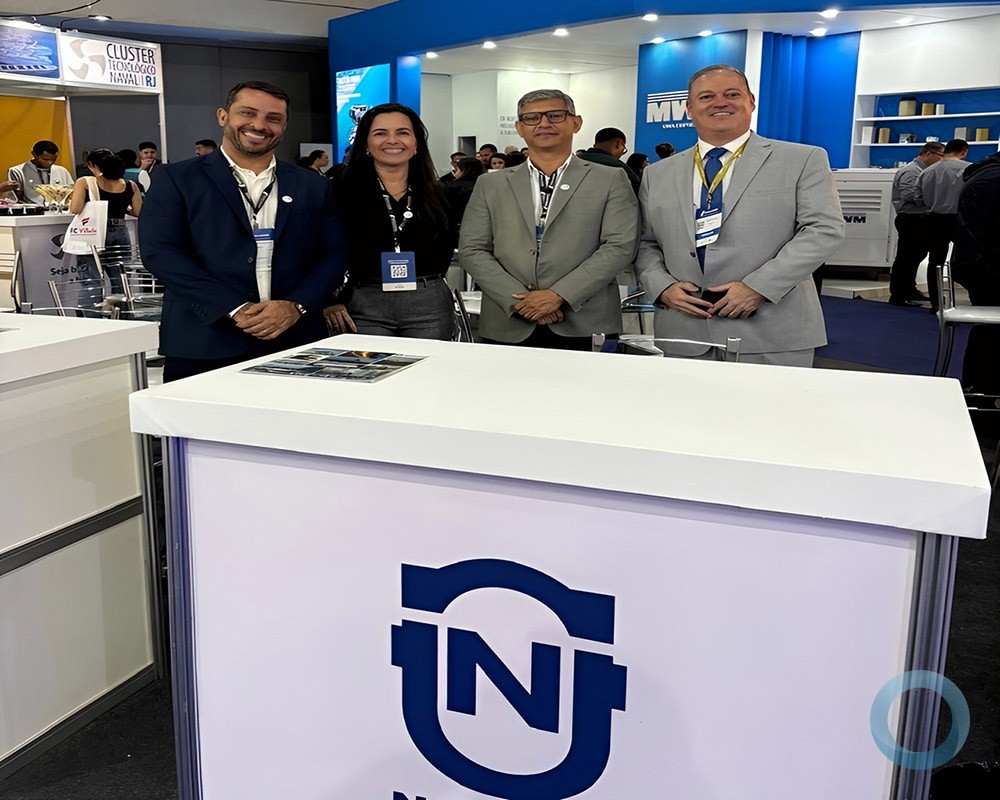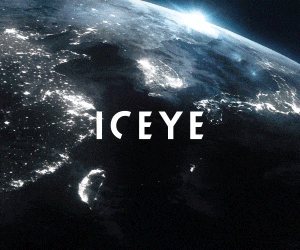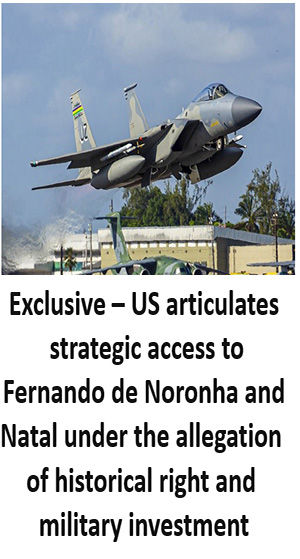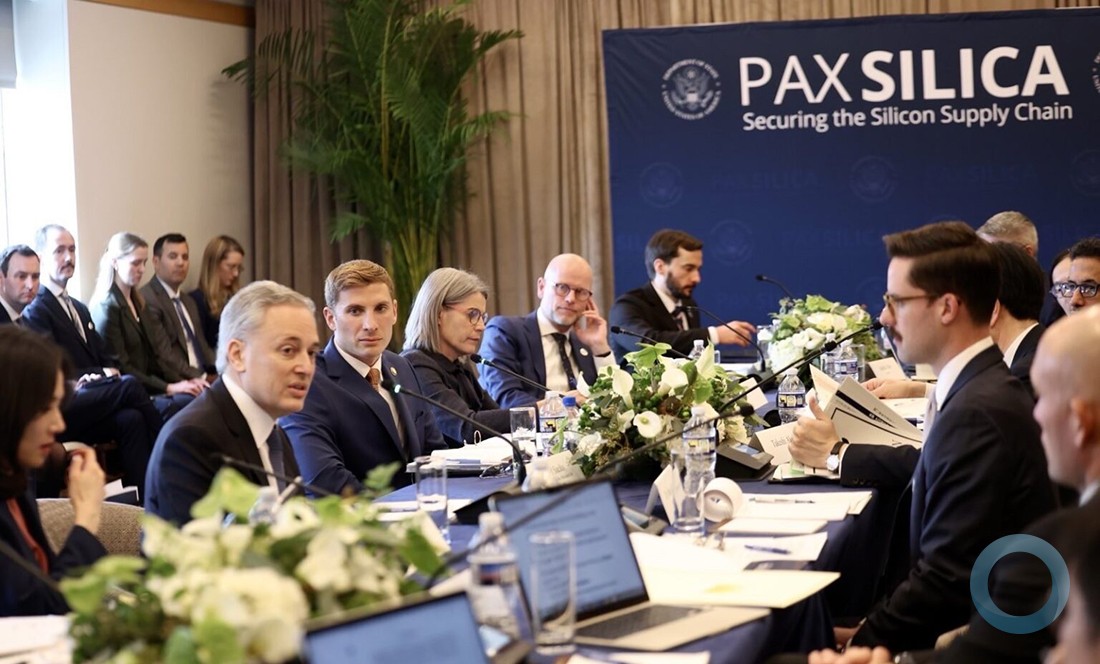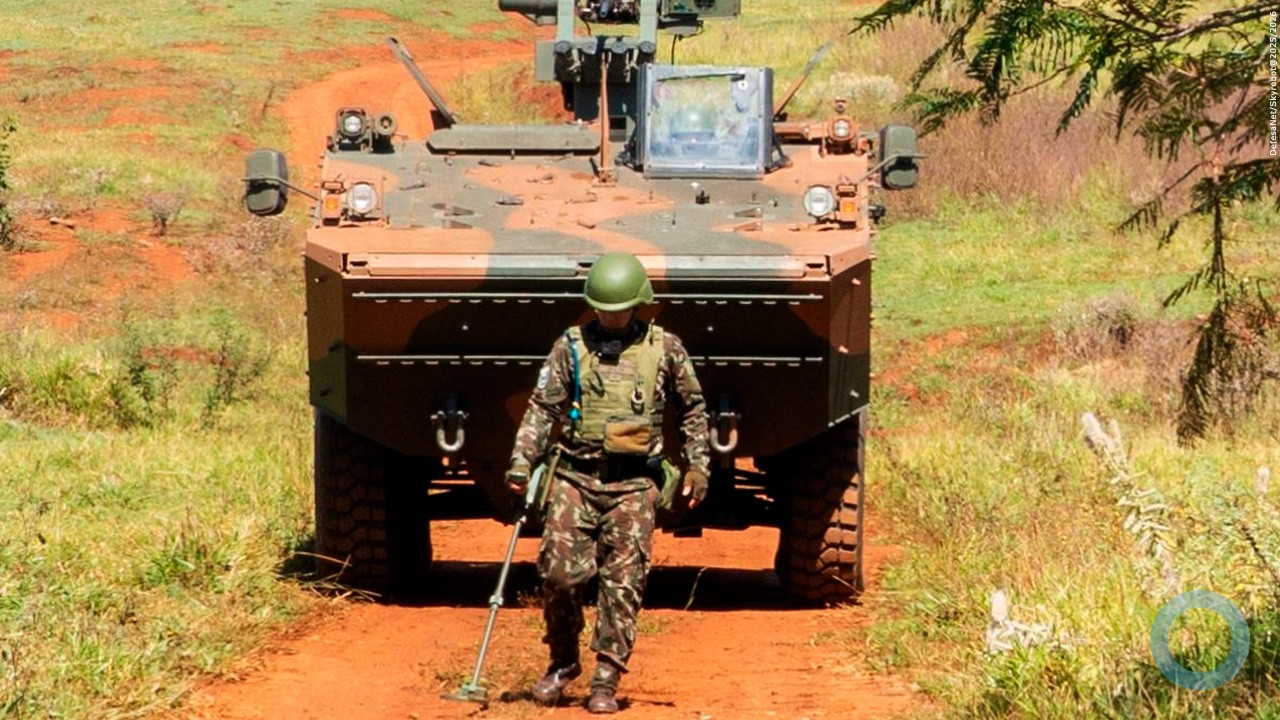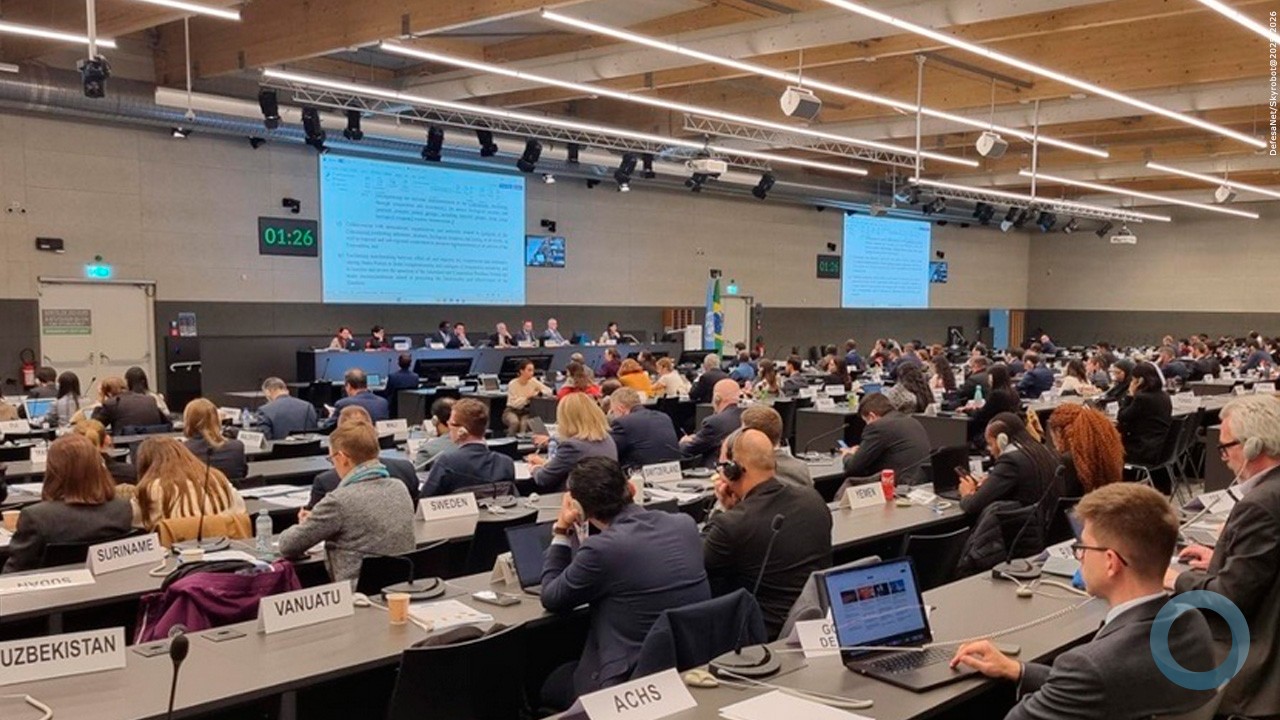|
Note DefesaNet
In the International Geopolitical Chess Game a delicate point is, which countries have or will have in short time the capability to dominate new strategic technologies that can change the game. Brazil work with the “Uraniun Enrichement Technology”. The Programa de Desenvolvimento de Submarinos (PROSUB), Submarine Development Program of the Brazilian Navy has as target the Conventional Submarine Nuclear Poweredo (SCPN). News published in the Brazilian Press, in 02JUL2022 (See image – Portuguese text ), with clear desinformation goal. Ambassador Sérgio Duarte give us clear and excelent article about the is "Safeguards" related ao Conventional Submarine Nuclear Powered (SCPN). Text in Portuguese Nuclear – SALVAGUARDAS – Submarino Nuclear Brasileiro
The Editor |
SERGIO DUARTE
Ambassador, former United Nations High
Representative for Disarmament Affairs.
President of Pugwash Conferences on
Science and World Affairs
The public curiosity about the Brazilian nuclear powered submarine, named “Alvaro Alberto” in honor of a nuclear research pioneer in Brazil, has raised interestin the special verification procedures applicableto the project. This is the first time that a country that does not possess nuclear weapons, such as Brazil, decides to activate such procedures for the fuel to be used in a conventionally armed submarine powered by a nuclear reactor. It is thus important to review the legal provisions of the relevant international instruments, as well as the obligations assumed by Brazil in this field.
As is well known, Brazil’s 1988 Constitution stipulates that nuclear energy in the country can only be used for peaceful purposes. In the 1990’s Brazil formalized internationally its decision to renounce the option to acquire nuclear explosives and weapons by signing a treaty with Argentina for the exclusively peaceful uses of atomic energy(Treaty of Guadalajara), as well as by its accession to the Treaty on the Prohibition of Nuclear Weapons in Latin America and the Caribbean (Treaty of Tlatelolco) and to the Non-proliferation of Nuclear Weapons (NPT).
Concluded in 1991, the Guadalajara Treaty created the system of accounting and control of nuclear materials between the two countries and entrusted its management to the bilateral agency ABACC (Argentine Brazilian Agency for Accounting and Control of nuclear materials). In December of the same year the Quadripartite Agreement between Brazil, Argentina, the IAEA (International Atomic Energy Agency) and ABACC was signed, establishing the application of comprehensive safeguards to nuclear materials and installations in both countries.
Note – Brazilian government has used Social Midia to communicate on Conventional Submarine with Nuclear Propulsion
|
The Treaty on the Non-proliferation of Nuclear Weapons recognizes the possession of nuclear weapons by five states – China, the United States, France, the United Kingdom and Russia. All other signatories, including Brazil, agreed not to acquire nuclear weapons by any means[1]. Under article III of the NPT the states not possessing those weapons committed to accept safeguards. In the case of Brazil such safeguards are spelled out in subsidiary arrangements with the IAEA. Among other provisions, article 13 of the Quadripartite Agreement provides for the application of special procedures in the case that a state party decides to “exercise its faculty to use nuclear material that should be safeguarded under this Agreement for the nuclear propulsion or the operation of any vehicle, including submarines and prototypes”. It should be noted that the Brazilian submarine will use low enriched uranium (LEU), that is, enriched to approximately 4%. An enrichment grade of at least 85% is needed for the manufacture of a nuclear explosive.
Under its obligations resulting from said instruments, Brazil initiated consultations with the IAEA at the end of May last for the application of special procedures to ensure the non-diversion of the nuclear materials used for naval propulsion. Similar consultations with ABACC had been in course since last year. Such procedures will be part of arrangements additional to those already existing between Brazil and the IAEA under Article III of the NPT. There are no precedents on this matter, since until recently no country not possessing nuclear weapons had started similar consultations with the IAEA.
A relevant development in this field was the establishment last year of a partnership between Australia, the United Kingdom and the United States (AUKUS), for the acquisition by the Australian government of nuclear-powered, conventionally armed submarines, the case of Brazil. The Brazilian and Australian projects have also in common the fact that they will permit the access of non-nuclear armed states to nuclear naval propulsion and that they will be carried out in accordance with their respective non-proliferation obligations, under verification by the IAEA. However, several technical aspects of the AUKUS project are not the same as the Brazilian ones, including because the vessels to be built in Australia will use highly enriched uranium (HEU) and because Australia does not have an indigenous civilian nuclear program similar to that of Brazil. Accordingly, the verification procedures eventually agreed between the IAEA and Australia will be different from those with Brazil.
A few years ago Australia concluded with the IAEA an additional protocol to the agreements mentioned in Article III of the NPT. This instrument grants the Agency full and unimpeded access, without previous warning, to that country’s nuclear installations, for verification purposes. 138 other states have negotiated similar agreements. This additional protocol, whose model was adopted in 1997, is of a volunteer nature. Brazil did not sign such a document and is under no obligation to do so. Furthermore, Brazil has unassailable non-proliferation credentials confirmed not only by the IAEA but also by ABACC, which celebrated its 30th anniversary in 1991 and ensures regular mutual inspections between Brazil and Argentina – the only arrangement of its kind in the world – increasing the degree of transparency and confidence in the compliance with theircommitments by both parties.
As possessor of all the essential elements for the development of its nuclear program, among which proprietary uranium enrichment technology, Brazil has consistently opposed attempts to impose new restrictions on the inalienable right of all parties to the NPT to develop research, production and use of nuclear energy for peaceful purposes. In keeping with such consistency it should engage in the elaboration of the special procedures to be applied to the nuclear fuel of its submarine with a view to contributing to the strengthening of the non-proliferation regime as a whole while preserving its technological autonomy. In the same vein, it should continue to call on the nuclear-armed states to fully comply with their nuclear disarmament commitments under Article VI of the NPT, an objective that over 50 years after the entry into force of the Treaty remains far from being attained.





